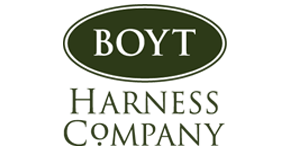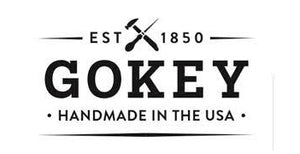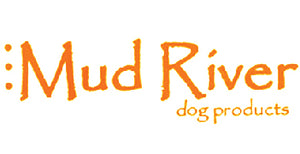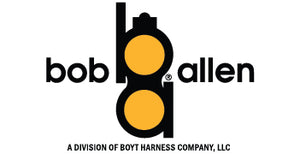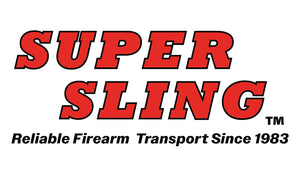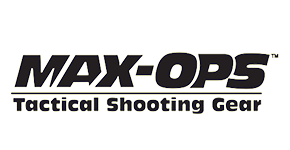The Athletic Dog Diet
A dog's physical appearance and athletic performance are great indicators of overall health and wellness. Nutrition is one key piece to this health equation; Nutrition is equally as important as good genetic lines and more valuable than conditioning alone. Many pet owners are well-intentioned yet misguided when it comes to feeding their pets due in large part to dog food advertising and difficult-to-interpret dog food labels. In addition, dog breeders, veterinarians, dog trainers, and other dog owners have differing opinions about and preferences for dog food brands, ingredients, and ratio of ingredients. The abundance of information can be overwhelming. Most dog professionals has a preferred feeding program based on personal successes and experience.
To determine the best food for a dog, it is helpful to consider multiple factors, including the pets age, breed, activity level, and underlying health conditions. Several nutrition plans are available to meet the needs of most canine athletes. Dogs generally utilize dietary fat as a primary energy source if it is available (i.e rather than carbohydrates or protein). Protein in the diet is used primarily to provide essential amino acids for cellular functions, including building muscle tissue. Carbohydrates are useful in supplying fuel to muscles when fat isn't available as fuel. Sporting dogs perform best on a diet composed of high fat, high protein, low carbohydrate, and an appropriate amount of soluble fiber.
8 Simple Nutrition Recommendations:
-
Macronutrients: Recommended ratios.
- Many sporting breed foods already have high fat, high protein, low carbohydrate formulated correctly. Approximately 50-60% of calories from fat, 25-35% from protein, and the remainder from carbohydrates is ideal. Approximately 4000 kcal/kg of food is the general recommendation for caloric density in a sporting breed food.
-
Consistency: Type and time
- No "yo-yo" dieting
- Year- round balanced nutrition is needed to keep a pet at top performance level. Don't switch to a lesser quality nutrition in the "off season" a decrease in diet quality with result in loss of condition at a rapid rate. When training is less intense, calories burned during exercise will also diminish and intake of calories can be cut back to appropriately match daily maintenance needs.
- Feed the same time daily
- Feeding a large meal in the evening 1-2 hours after activity is complete will help reduce risk for gastrointestinal upset during training and performance. A small meal 4-5 hours prior to performance is also encouraged if pets become fatigued during exercise.
- No "yo-yo" dieting
-
Palatable: Feed food your dog enjoys
- Because let's face it, no matter how great the food is claimed to be, if your dog doesn't like it she won't eat it in sufficient quantity to meet the energy demand of athletic performance. Increased fat content tends to improve palatability.
-
Decrease risk: Avoid raw diets
- While dogs may inherently do well on a raw meat diet, it is difficult for novice owners to do homemade diets without increasing a dog's risk for foodborne illness and malnutrition. Also, the ease of feeding a raw or homemade diets may prove difficult when traveling for competition.
-
Hydration: Plenty of fresh water
- Water is an essential nutrient. It plays a key role in all metabolic processes, in lubricating joints, as well thermoregulation. Dehydrated, hot, or cold pets will perform suboptimally.
-
Supplementation: Maintain a balance of nutrients
- A quality diet doesn't require supplement but it can help your dogs health. Take a look at these waggedy dog vitamins if you want some for your dog.
-
Notice: Make changes when it's not working
- Nutrition, performance, and body condition are uniquely linked. No one regime works for every pet. Learning through good intentioned effort and making tweaks to the regimen along the way is the best recommendation. Pay close attention to your pet as an individual and respond to what his body, energy, and performance level indicate.
-
Consider age: Puppies vs adult
- Many sporting breed dog foods are formulated for all life stages. This means they meet the energy and nutrient needs of puppyhood thru adulthood. Be sure you feed appropriately for your dog's llife stage in addition to their maintenance and performance energy needs.
In closing, it is my opinion as a veterinarian and as a dog owner that there isn't a single universal best diet to feed. A good diet for athletic dogs is on that is easily fed, palatable, appropriately balanced for nutrient needs, has research to support its quality, is highly digestible, and produces ideal fecal output. Therefore, a good diet should contain essential vitamins, minerals, and probiotics that can contribute towards the physical and mental wellbeing of your four-legged friends. Since, dogs are known to be man's most faithful companions, it is our duty to take care of them properly.
### Amanda Burow, D.V.M. (Dr. B), is a graduate of Iowa State University's College of Veterinary Medicine. Dr. Burow's patient list includes hunting dogs of all varieties, as well as several field trial dogs and full time sporting guide dogs. In addition to practicing general veterinary medicine, she has special interest in the areas of preventive care, emergency medicine, and dermatology. In her spare time, she enjoys being outdoors and on the lake, staying active, reading, and spending time with family and friends. Mud River is proud to share these tips from Dr. B with our customers. Keep in mind it is best to work with your local veterinarian to determine the needs for your animals.


